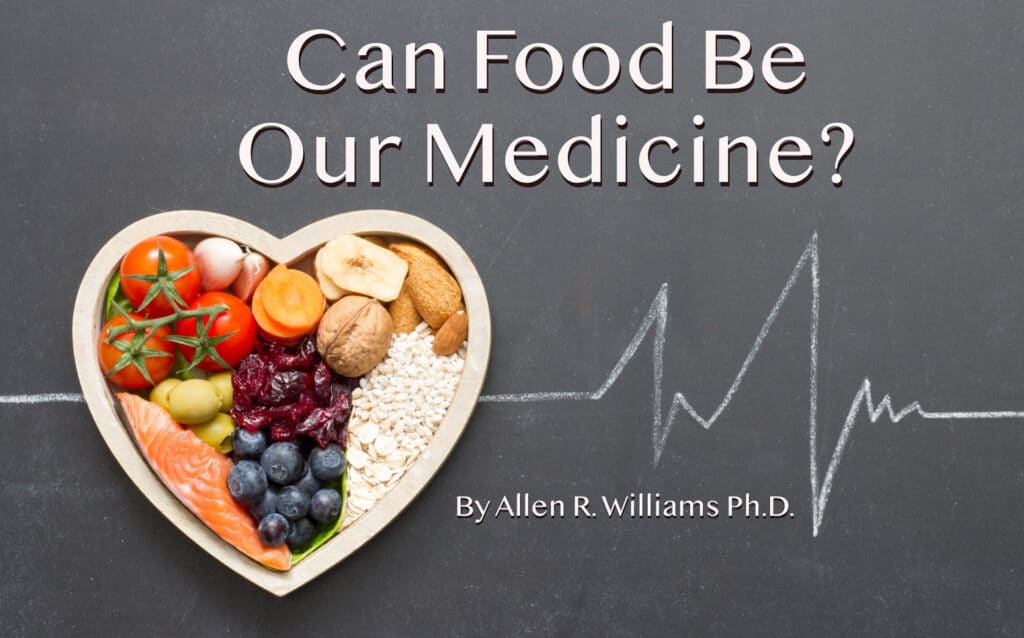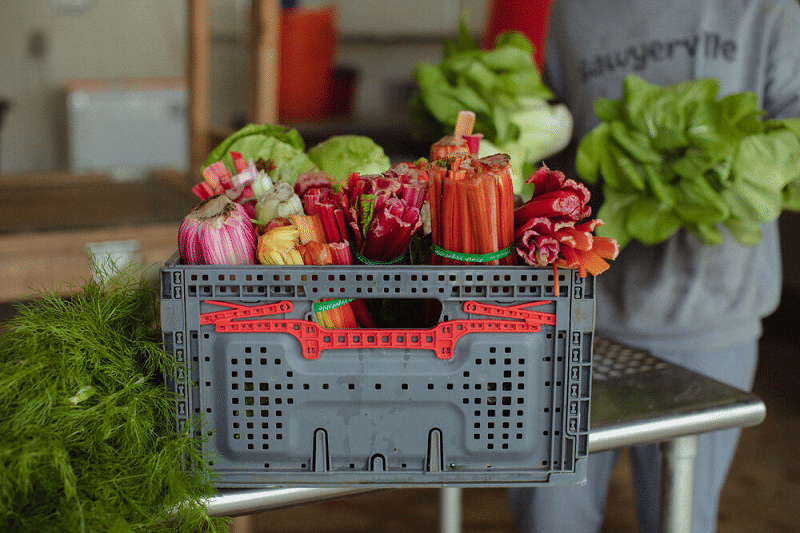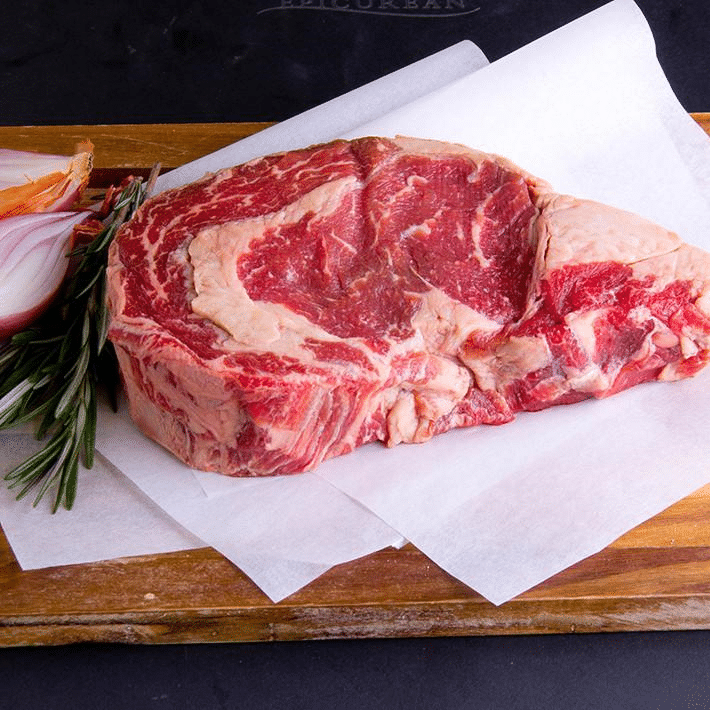Allen R Williams, Ph.D., Understanding Ag, LLC
Did you know that the health of plants, animals, ecosystems and humans is inextricably tied to plant phytochemical diversity? So, what are phytochemicals? In short, they are compounds naturally produced by plants that help the plants thrive in challenging conditions, fight off competitors, pest insects and disease. When you bite into a juicy strawberry or blueberry, enjoy vibrant-green lettuce or spinach, munch on a tomato or chow down on a juicy steak or hamburger, you consume much more than vitamins, minerals, protein and fiber. You can also benefit from the incredible richness of phytochemicals.

Phytochemicals are comprised of four main categories. These include carotenoids, flavonoids, ellegic acid and allium compounds. All big words, but they have big impacts on our health. All of these phytonutrients contain powerful antioxidant and anti-inflammatory properties that are crucial to our health and well-being and our eventual longevity. They are beneficial for immune health, which is particularly important amid the COVID-19 pandemic. In addition, these compounds protect eye health by decreasing risk of macular degeneration.
They also protect us against cancer and cardiovascular disease, detoxify our bodies, decrease inflammation and reduce the risk of tumors spreading throughout our bodies. There are tens of thousands of these phytonutrients found in plants and in the meat of animals that eat those plants (or eggs and dairy products).
So, what is going on? We all eat and yet we have significant health problems in the U.S. because of this simple fact: not all foods are created equal. Not all tomatoes are the same; not all lettuce is the same; not all beef is the same; and not all eggs are the same. The soil those plants grow in, the plants that are growing there and the plants that the animals eat all determine the degree of phytonutrient richness in the foods we eat.
In modern agriculture we have turned to an industrialized approach to food production, planting monoculture and near monoculture crops and pastures, degrading our soils, and destroying soil biology.
Our good friend and advisor, Dr. Fred Provenza, has conducted decades of research into the phytochemical richness of plants. You can read about some of his findings in his book Nourishment. Fred’s work teaches us that plants thrive when grown in diversity, with many plant species all growing within close proximity of each other, able to share nutrients and phytochemicals through the vast underground network of mycorrhizal fungi. However, things such as tillage, chemicals, synthetic fertilizers, fungicides and insecticides interrupt this process and greatly reduce plant phytochemical production and richness.


This shift away from phytochemically rich plant and animal foods to the highly processes foods so many people eat today has enabled more than 2.1 billion people to become overweight and obese, resulting in a higher incidence of diet-related disease like diabetes, heart disease, autoimmune disorders, and even various types of cancer.
Evidence supports the hypothesis that phytochemical richness of herbivore diets significantly enhances the phytochemical and biochemical richness of the animal proteins that we eat. Enhanced phytochemicals in the meat and eggs of livestock protects those products from protein oxidation and lipid peroxidation. These are the causative factors in systemic inflammation that is implicated in heart disease and cancers. In other words, animal proteins from animals eating phytochemically rich diets do not lead to heart disease and cancer. They actually provide protection against those same diseases, just like the phytochemically rich plants do. It is only when these same animals are fed high-grain rations and monoculture pastures that their protein becomes an issue for our health.
That methane issue we hear so much about with ruminant livestock? Plant phytochemical diversity stimulates microbes in the soil, such as methanotrophs that digest that methane. This is how nature took care of methane from the hundreds of millions of wild ruminants that once roamed the face of the earth.
At Understanding Ag, we personally implement regenerative practices that create phytochemical diversity in our gardens, our crop fields and in our pastures. We restore our soils to their historical ecological context. We sequester carbon and return it to the soil so it can nourish the soil microbes vital to providing our plants and livestock with nutrients. We recognize that our food is our medicine and invite you to share in phytochemically rich foods and enjoy truly healthy meals.
KATHY RICHBURG
